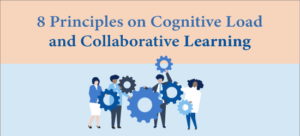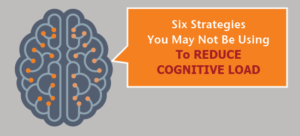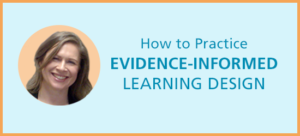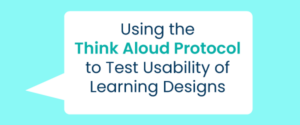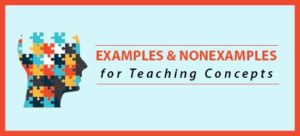John Sweller, who formulated cognitive load theory, explains how instructional designers can design more effective learning experiences.
Search Results for: cognitive psychology
8 Principles on Cognitive Load and Collaborative Learning
Seen through the lens of cognitive load, there are three aspects of collaborative learning to consider during design: the learning task, the individual learners and the group.
Six Strategies You May Not Be Using To Reduce Cognitive Load
In a complex world, it’s easy to get overwhelmed by a deluge of complex information. This shouldn’t be surprising, as working memory (our mental work space), has a limited capacity for processing information.
What makes someone an expert?
The Cognitive Psychology of Expertise
Understanding expert thinking helps us design training for both experts and novices. Learn about the differences by understanding the cognitive psychology of expertise.
ELC 060: How to Practice Evidence-Informed Learning Design
A Conversation with Mirjam Neelen
Evidence informed learning design draws from cognitive psychology research. It focuses on applying learning science to instructional design.
What Should You Learn for an Instructional Design Career in the Workplace?
Instructional design is a multidisciplinary field. Here are the necessary skills and knowledge and the areas where you can choose your path.
Answers To Instructional Design Career Questions
Instructional design career opportunities are growing all over the world. Questions and answers about breaking into instructional design.
Why Less is More in Learning Design
When it comes to learning, less is more. Overloading learners with too much information interferes with the learning process.
Using the Think Aloud Protocol to Test Usability of Learning Designs
The think aloud protocol or method is an effective way to discover usability problems with digital learning products.
Six Ways to Use Examples And Nonexamples To Teach Concepts
The best way to help learners form accurate concepts is to provide examples and nonexamples. Here are 6 ways to do that.
Persuading Clients To Accept Your Course Design
Have you ever had difficulty persuading a client to accept your course design? Here are ten strategies that may help you be more convincing.
THANKS FOR SUBSCRIBING
Thanks for joining The eLearning Coach Newsletter. It won’t disappoint. You can expect timely articles, resources, and freebies to come (around) once a month. Okay, maybe it’s every five weeks, but who’s counting? New subscribers will also receive a few short weekly emails with links to popular articles about cognitive psychology, instructional design, visual design […]


